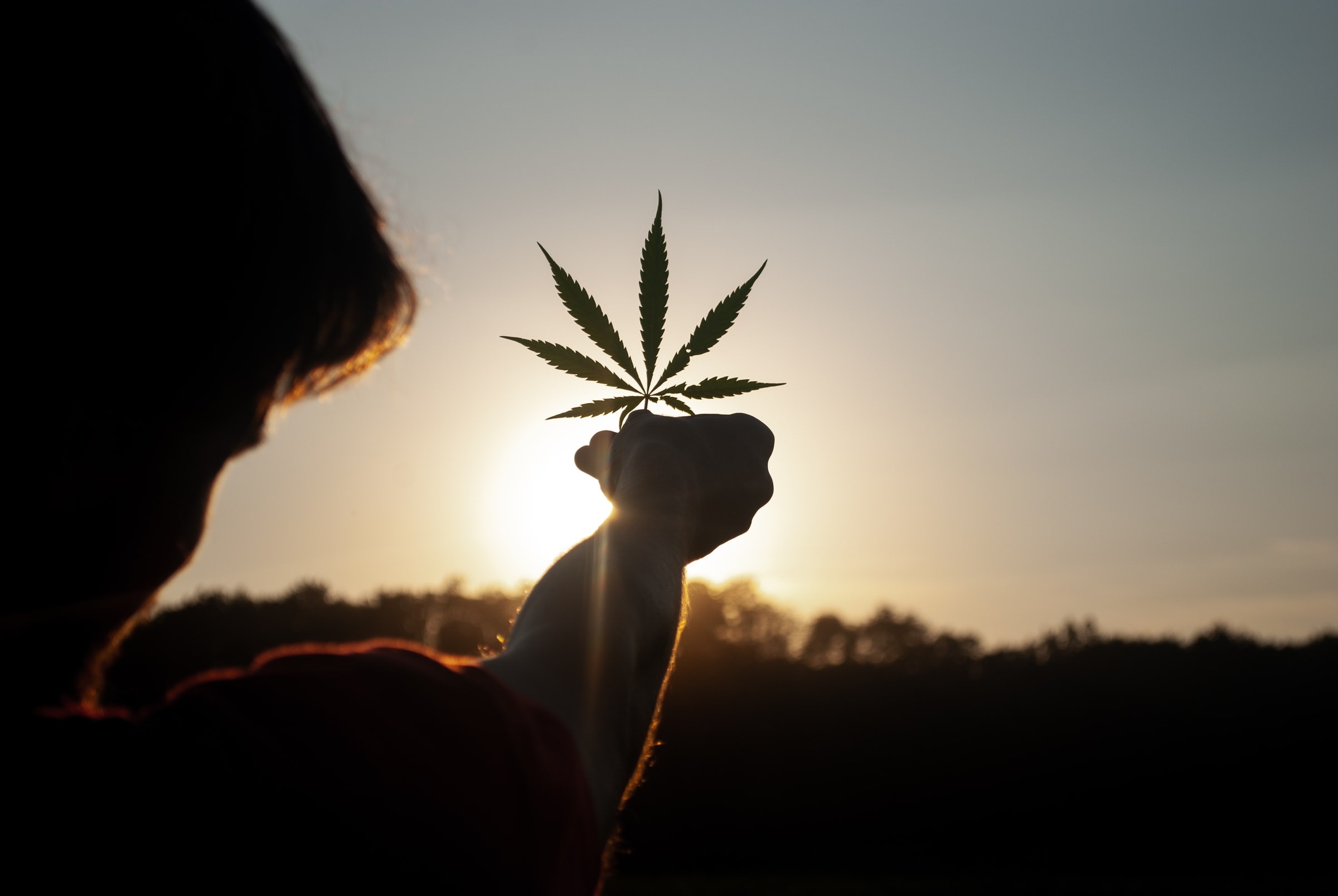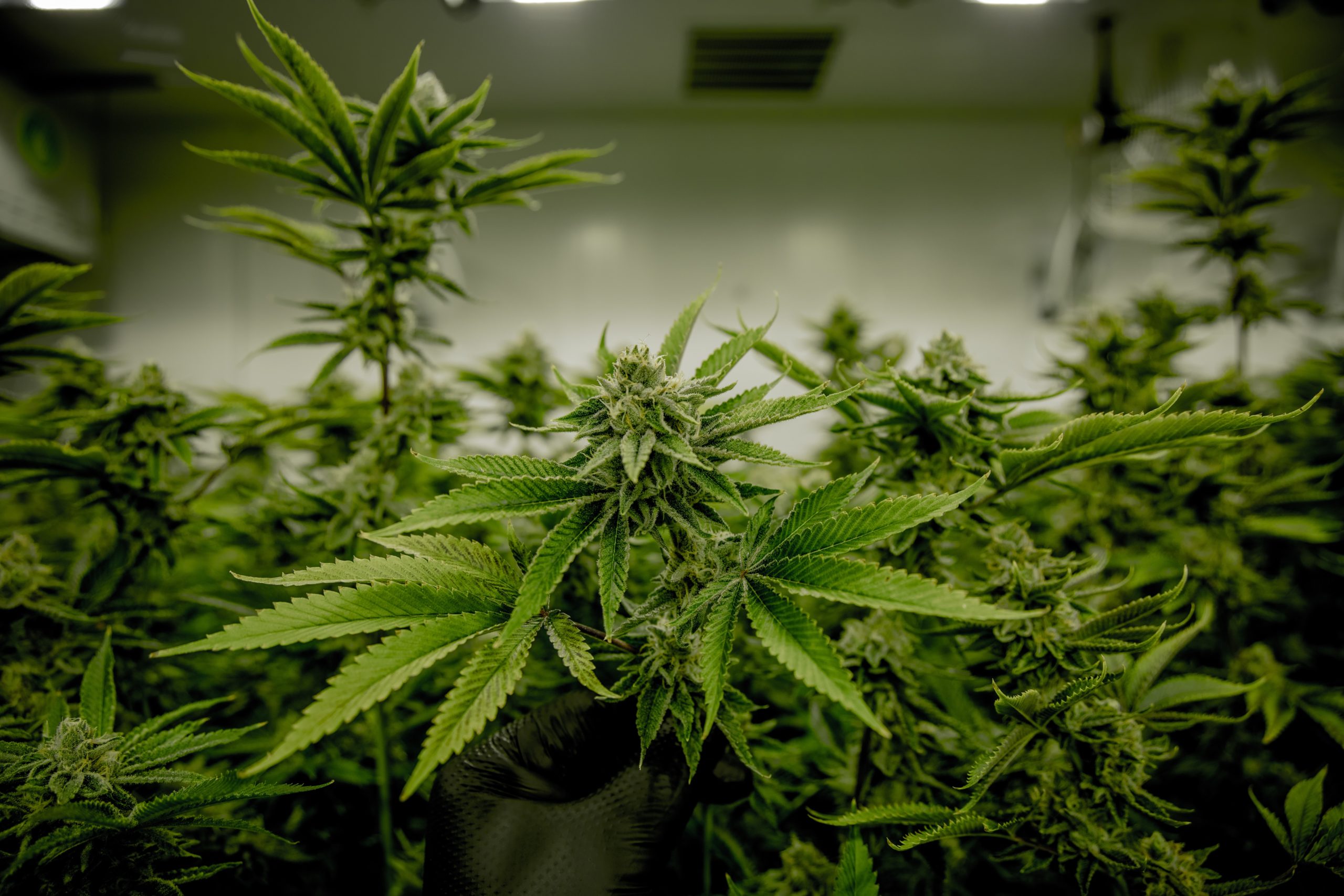Hildi Gerhart at Fire Flower Farm gives a glimpse into what life as a cannabis cultivator is like during the coronavirus pandemic.
By NewTropic
The past few months have been a challenging time for nearly every industry, and cannabis is no exception. Cultivators, in particular, are facing difficulties sourcing supplies, equipment, and labor, as well as managing various projects under new safety and sanitation protocols. Hildi Gerhart, the original partner of Fire Flower Farm in Mendocino County, California, was gracious enough to share her farm’s biggest challenges and how they’re adapting to continue thriving in this new environment.

Labor, Workforce, and Heavy Equipment Shortages
For a cultivator, spring is the most labor intensive part of the year for a cultivator. Cultivation space is expanding, and operations like Fire Flower Farm are trying to get to the maximum canopy square footage that a Mendocino county license will allow. Unfortunately, in the current environment getting heavy equipment rentals and electricians to come out to the farm to upgrade a greenhouse can be a major challenge. Without heavy equipment, preparing new cultivation space by hand on the side of a hill just isn’t feasible, and greenhouse improvements often require significant upgrades to electrical infrastructure.
“We solved our heavy equipment issues and short-term expansions by renting a skid steer from a local power supply and doing what we could do ourselves for the greenhouse,” says Gerhart. “Fortunately, we don’t have workforce shortages for normal operations as do many of the larger farms where workers are preferring to stay home.”

Fire Flower Farm focuses on a “balanced strain menu”, choosing strains that reach their highest potential given the local climate, while taking into account minimal inputs. This allows the plant to better express itself during flowering with minimal interference to natural processes, resulting in a better, more authentic product.
Shortages of Personal Protective Equipment
Gloves, alcohol, and masks are needed daily for processing, and many farms have had difficulties sourcing the protective equipment. Fortunately, Fire Flower placed a large order for protective equipment at the start of the crisis so has been covered since the beginning of the outbreak. Some employees are sensitive to the raw cannabis plant during harvest and need protective equipment as part of normal operations. No one at Fire Flower touches the product directly and tools are cleaned with isopropyl alcohol. After processing, the product is sealed and packaged for delivery, ensuring no contamination is possible downstream as a result of farm operations.
“We have been deemed an essential business, so we need to be able to operate. We need to be able to go to the store and find basic protective equipment.” – Hildi Gerhart, Founder, Fire Flower Farm
Drivers are also required to travel from farm to farm to pick up and transport the product. While exposure is limited, there’s always the risk of transmission during these pickups, so gloves and masks are worn at all times during transfers.
New Project Management Challenges
In the spring, the farm requires a steady stream of basic supplies in addition to labor and equipment. Daily trips to town are common and sometimes multiple trips are made in one day. According to Gerhart, the stores in Mendocino County have been great. “We’ve been able to call in our orders and pick up within 24 hours,” she says, “Because it takes a half an hour to an hour just to get to town from the farm, sometimes this process can take a lot of time. Previously, we would split up and have people going to multiple stores.”
Now, a single person is designated to go to town to retrieve necessary supplies, and are sent with carefully created lists detailing all pre-ordered materials. Still, it’s easy to forget small things like nuts and bolts, and every extra trip costs time as well as increases exposure.
We’re All in This Together
Flexibility is key according to Gerhart. Sometimes even sustainable practices need to be tweaked to meet new restrictions during a global pandemic. “Life is a little bit harder for us, but as a cultivator, providing an essential service means remaining operational so that our community continues to receive quality cannabis,” says Gerhart. “Some need it for the pain, others who are self quarantining just want to relax at home without going crazy. In short, we want to keep growing – we’re all in this together.”
Fire Flower Farm is a NewTropic cultivation partner and family-owned cultivator in Mendocino County that focuses on growing high quality, lab-tested cannabis, bred for optimal performance. A commitment to sustainability in lifestyle, community, and cultivation practices has led to long-term growth for their farm. Previously (pre-COVID-19), Fire Flower Farm played host to travelers, musicians, and artists from across California. Fire Flower Farm was awarded the 2nd cultivation license ever issued by Mendocino County.



